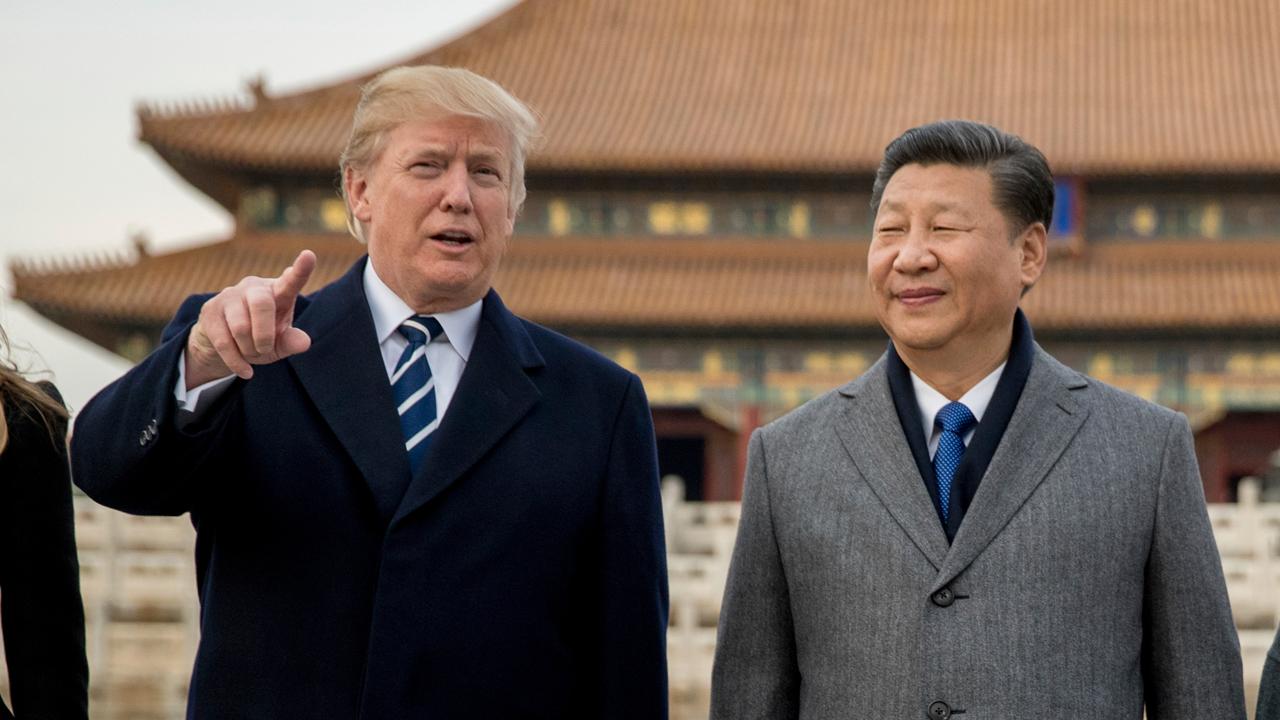US-China trade tensions: Now it's time to see a real deal
No administration before President Trump’s has forced the Chinese to the bargaining table over trade cheating and IP theft. Credit is due. Now it’s time to seal a real deal.
Two things are for sure: The stakes are sky-high in the U.S.-China trade talks. And the Chinese are playing to win.
In pursuit of a trade deal with China, nothing else measures up to securing real, enforceable protections of American intellectual property. Not tariffs, not more exports, not closing the trade deficit. In fact, stopping China’s theft of American IP will go a long way toward easing all other points of contention. This must remain a non-negotiable.
China has long been known for disregarding trade rules in its quest for economic dominance (Manipulating its currency, favoring and subsidizing national champions such as Huawei and using “competition” law and other regulatory and legal tools to disadvantage foreign innovators).
Where IP is concerned, Chinese cheating involves corporate spying to steal trade secrets; mandatory joint ventures with Chinese firms; forced transfer of competitively vital technologies such as inventions, know-how, data and other proprietary intellectual property; and severe restrictions on patent licensing of U.S. IP to Chinese companies.
This record of abuses demonstrates China’s wholesale disrespect for others’ property rights and for free enterprise. It also illustrates the stakes: A trade agreement must not stop short of quashing this institutionalized, government-backed abuse of power for unfair competitive advantage.
The bottom line must be ending, once and for all, China’s ability to expropriate U.S. companies’ intellectual property. This aligns perfectly with President Trump’s correct insistence on reciprocal trade.
Failure to address these concerns means continued Chinese cheating, economic expansion and military aggression at the expense of America’s competitive advantage in innovation and leadership in cutting-edge, wealth- and job-producing technologies (like 5G where Qualcomm is locked in a battle for global leadership with Huawei.)
| Ticker | Security | Last | Change | Change % |
|---|---|---|---|---|
| QCOM | QUALCOMM INC. | 137.34 | +1.04 | +0.76% |
Any ongoing or future Chinese expropriation of American IP must automatically trigger sanctions – such as exclusion of offending products from the U.S. market.
The outcome of a reciprocal trade deal — whether it ends IP expropriation — will largely determine which nation leads in innovation. America and China are battling for global leadership in next-generation strategic technologies, including artificial intelligence, 5G wireless communication, the Internet of Things, biomedical technologies and advanced manufacturing.
CLICK HERE TO GET THE FOX BUSINESS APP
U.S. producers of tomorrow’s jobs and wealth rely on robust research and development along with secure IP protection now.
James Edwards is executive director of Conservatives for Property Rights and patent policy advisor to Eagle Forum Education & Legal Defense Fund. The views expressed are his own.




















